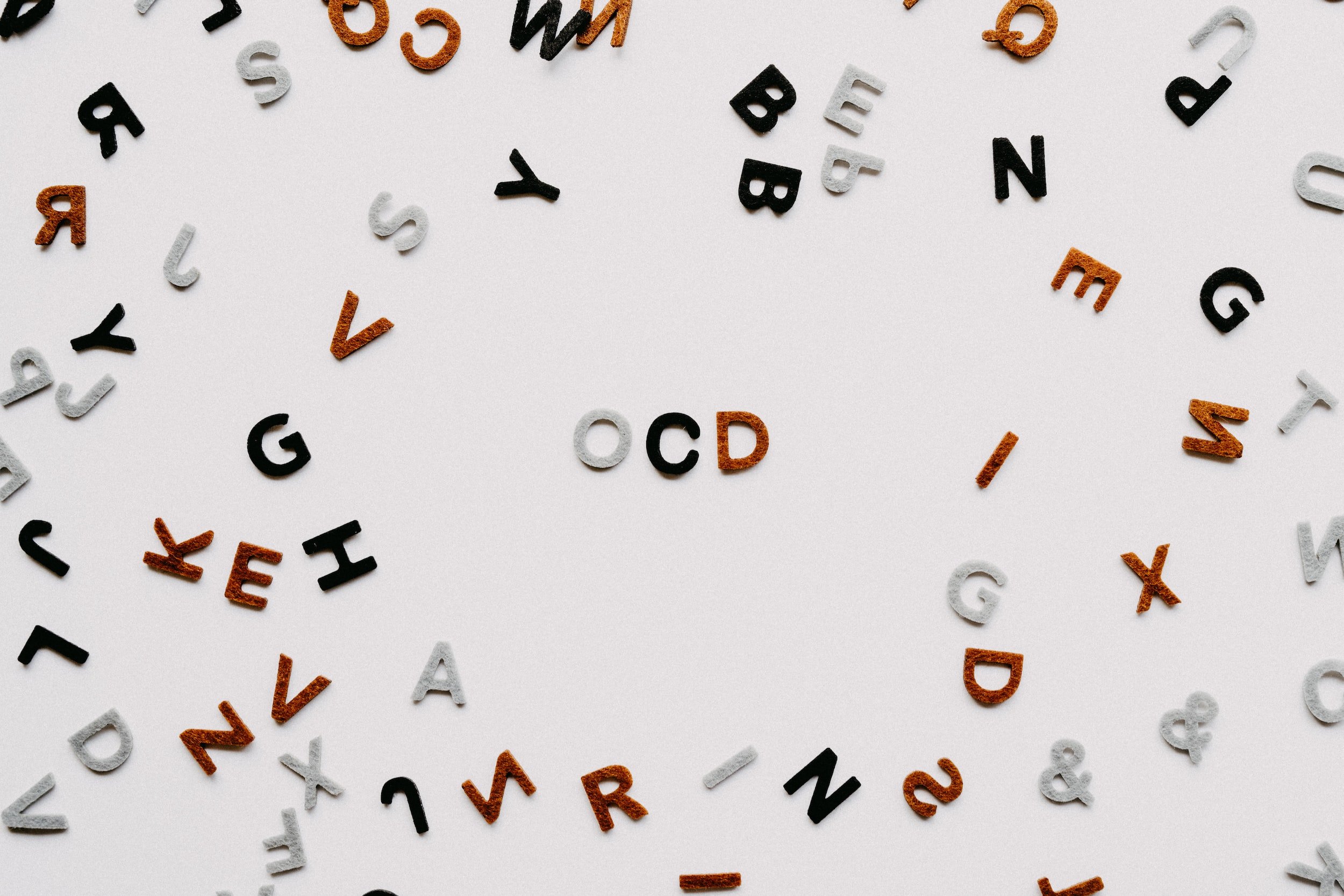5 Signs and Symptoms of OCD and Effective Management Strategies from a Licensed Therapist
Signs and Symptoms of OCD and How to Manage OCD Symptoms
Obsessive-Compulsive Disorder (OCD) is a mental health condition characterized by repetitive thoughts and behaviors. It affects millions of people worldwide and can be debilitating, interfering with daily activities and causing significant distress. In this blog, we will discuss five signs and symptoms of OCD and how to manage OCD symptoms from a licensed therapist.
Obsessive Thoughts: People with OCD experience persistent, intrusive, and unwanted thoughts, images, or impulses. These thoughts are often disturbing, irrational, and repetitive. They may cause significant anxiety and distress and can interfere with daily activities.
Compulsive Behaviors: Compulsive behaviors are repetitive actions or rituals performed in response to obsessive thoughts. These behaviors are often time-consuming and can interfere with daily activities. Some common compulsive behaviors include repetitive hand washing, counting, checking, and ordering.
Avoidance: People with OCD may avoid certain situations or objects that trigger their obsessive thoughts and compulsive behaviors. This can lead to social isolation and decreased quality of life.
Distress: OCD can cause significant distress and interfere with daily activities. People with OCD may have trouble sleeping, eating, and functioning in their daily lives. They may also experience shame, guilt, and embarrassment about their thoughts and behaviors.
Intrusive Thoughts: Intrusive thoughts are unwanted thoughts that pop into a person's mind. People with OCD often experience intrusive thoughts that are disturbing, irrational, and repetitive. These thoughts can cause significant anxiety and distress.
To manage OCD symptoms, it is essential to seek help from a licensed therapist. Cognitive-behavioral therapy (CBT) is an evidence-based treatment that has been shown to be effective in treating OCD. CBT helps individuals identify and challenge their obsessive thoughts and compulsive behaviors. Exposure and Response Prevention (ERP) is a type of CBT that involves gradually exposing individuals to their triggers and helping them to resist the urge to perform compulsive behaviors.
Medication, such as selective serotonin reuptake inhibitors (SSRIs), can also be effective in reducing OCD symptoms. It is important to discuss the benefits and risks of medication with a healthcare provider.
In conclusion, OCD is a complex and distressing mental health condition that affects millions of people worldwide. By recognizing the signs and symptoms of OCD and seeking help from a licensed therapist, individuals can learn to manage their symptoms and improve their quality of life. If you or someone you know is struggling with OCD, it is essential to seek help from a mental health professional

